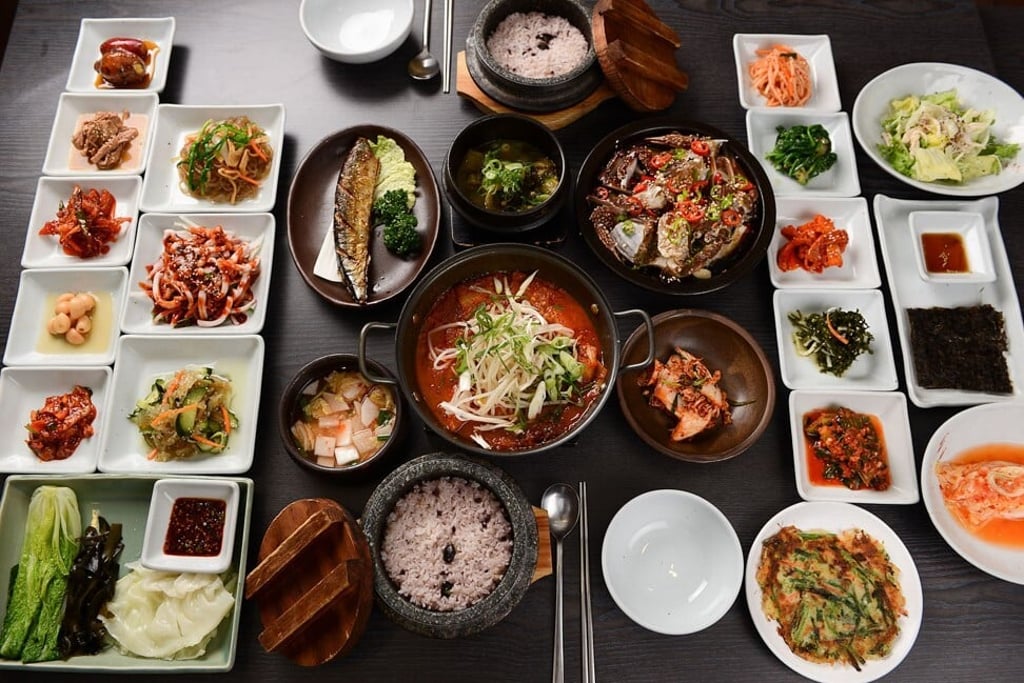How Korean restaurants in Sydney are transforming city’s late-night dining scene
- Korean places in Australia’s biggest city that sell food and alcohol well into the morning are increasingly popular alternatives to Chinese or Thai restaurants
- Korean culture has made waves in Australia over the past few decades thanks to K-pop and Korean drama, one restaurateur says

It’s 11pm on a Thursday evening and almost all of Sydney’s businesses, restaurants and stores have closed for the day. Yet down a small unmarked alley off Pitt Street, in the city’s central business district, two restaurants are serving food while a karaoke bar on a floor above is blasting hits from the 1980s through to the early 2000s.
Sydney’s Koreatown, a small selection of cafes, salons, grocers, travel agents, restaurants and bars on a block between Liverpool Street and Central Street, is a small window into a Korean community mostly based 12km (seven miles) away in the city’s inner western suburb of Strathfield. At a similar hour in the suburb, dubbed Little Korea, friends sit around tables outside clinking small glasses, while songs are sung and drinkers savour soju, the Korean distilled grain alcohol.
Korean culture has made waves in Australia over the past few decades. From the far northeastern city of Cairns to the nation’s capital of Canberra and beyond, Koreans have opened restaurants, forged strong communities, and captured a market of their own.
One of their biggest impacts has been on the so-called late-night trade. Ten years ago, hungry Australians in search of an after-hours meal might typically find themselves in Chinese restaurants that serve dim sum, soups, and rice or noodle dishes well into the night. These days, the nation’s late-night dining options are far broader, with Korean restaurants, and bars known as suljibs, operating into the small hours.

A suljib, which means alcohol house in Korean, always has plenty of booze to accompany the bibimbap and kimchi. In Korean culture, food and alcohol go hand in hand, says Korean-Australian business owner Andrew Dong Kim. “For Korean people, food is the chaser,” he says.